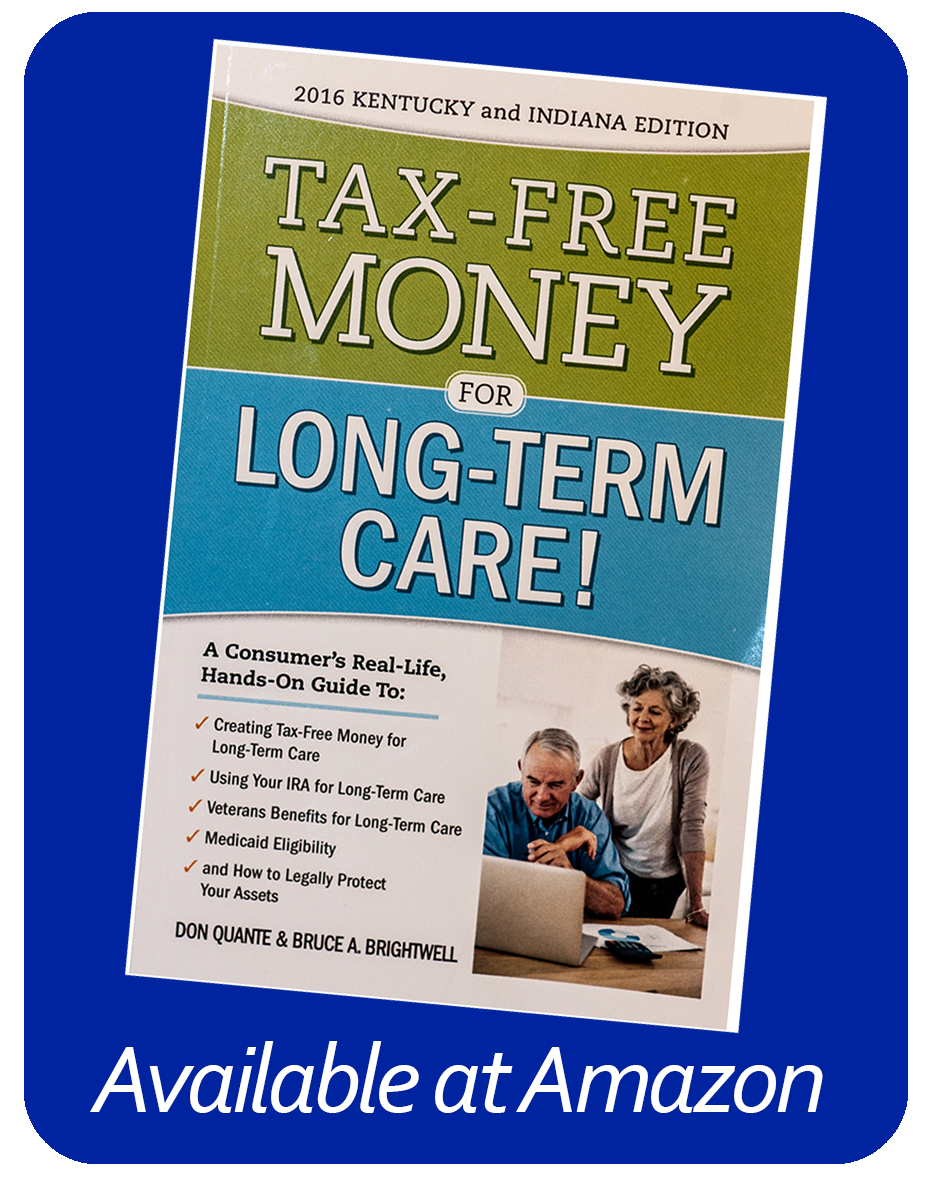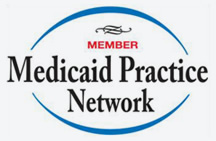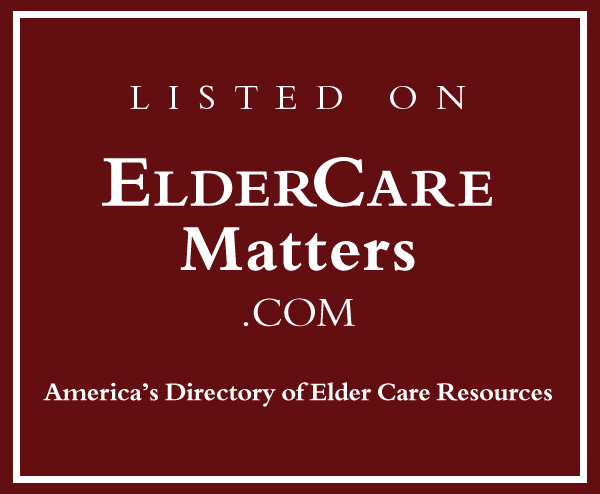Estate Planning Frequently Asked Questions
Why do I need estate planning?
Simply put, effective estate planning is the best way to ensure that you will be able to control your property while you’re alive and well, provide for your loved ones and yourself if you become disabled, and leave your assets when you die to whom you want, when you want, the way that you want.
Every state has laws that govern what becomes of your assets if you die or become disabled — the probate laws of Indiana and Kentucky are different from those of other states. But the government also allows you to establish your own set of rules that supersede those laws, if you so choose. The process of establishing your rules is called estate planning. So, for instance, while the state may require your will to go through probate, you can choose to spare your heirs this sometimes drawn-out legal process. But you can only do it through estate planning.
What is probate?
Probate is the court and process that looks after people who cannot make their own personal, health care and financial decisions. These people fall into three general categories:
- Minor children (under age 18 in most states)
- Incapacitated adults
- People who have died without legal arrangements to avoid probate
Probate proceedings can be expensive and time-consuming. Additionally, the court proceeding and associated documents are all a matter of public record. Many people choose to avoid probate in order to save money, spare their heirs a legal hassle and keep their personal affairs private.
What is a will?
A will is the document a person signs to provide for the orderly disposition of assets after death. Wills do not avoid probate. Wills have no legal authority until the testator — the will-maker — dies and the original will is delivered to Probate Court. Still, everyone with minor children needs a will. It is the only way to appoint the new “parent” of an orphaned child. Special testamentary trust provisions in a will can provide for the management and distribution of assets for your heirs.
What is a living will?
Sometimes called an advance medical directive, a living will allows you to state your wishes in advance regarding what types of medical life support measures you prefer to have, or have withheld/withdrawn if you are in a terminal condition (without reasonable hope of recovery) and cannot express your wishes yourself. Often times a living will is executed along with a Durable Power of Attorney for Health Care, which gives someone legal authority to make your health care decisions when you are unable to do so yourself.
What is a durable power of attorney and when do I need one?
These allow you to appoint someone you know and trust to make your personal health care and financial decisions even when you cannot. If you are incapacitated without these legal documents, then you and your family will be involved in a probate proceeding known as a guardianship and conservatorship. This is the court proceeding where a judge determines who should make these decisions for you under the ongoing supervision of the court.
What is a revocable living trust?
This is an agreement with three parties: the trust-makers, the trustees (or trust managers) and the trust beneficiaries. For example, a husband and wife may name themselves all three parties to create their trust, manage all the assets transferred to the trust, and have full use and enjoyment of all the trust assets as beneficiaries. Further back-up managers can step in under the terms of the trust to manage the assets should the couple become incapacitated or die. Special provisions in the trust also control the management and distribution of assets to heirs in the event of the trust-maker’s death. With proper planning, the couple also can avoid or eliminate death taxes on their estate. The revocable living trust may allow them to accomplish all this outside of any court proceeding.
Who should have a revocable living trust?
Whether you are young or old, rich or poor, married or single, if you owned titled assets such as a house and want your loved ones to avoid court interference at your death or incapacity, consider a revocable living trust. A trust allows you to bring all of your assets together under one plan.
Why should I go to Brightwell Elder and Probate Law to establish a trust?
Not all trusts are created equal. Because Bruce is a member of the MPS™ network, we are authorized to use the specialized trusts MPS™ has developed for Medicaid planning and asset protection. These are unique legal documents that provide for the protection and preservation of your assets, with specific attention to the requirements of Medicaid qualification. Only MPS™ member firms can offer you the benefits of these trademarked trusts.
I can buy a Power of Attorney form at the office supply store for a couple of bucks. Why should I go to you?
The power of attorney form you buy at a stationery store is just the basic, standard form. It does not accommodate your wishes in any detail. When Brightwell Elder and Probate Law prepares a Power of Attorney document for you, it is custom tailored to your purposes, with specific instructions for your agent with respect to a broad range of planning issues, including:
- The creation of trusts
- Asset protection for your spouse before and after your death
- Asset protection for your children from creditors or divorce
- Prevention of business failure
- Information about finances and distributions
- Instructions on privacy
- …And more
The result is a detailed legal document of the type you cannot obtain off the shelf at the local store.
How to Apply for Medicare in Louisville
Medicare is a federal program that provides medical insurance for Americans who are 65 and older, or who are younger with disabilities, or in the end stages of renal disease. Wherever you live in Kentucky, you can fill out a Kentucky Medicare application to receive benefits. However, when signing up for Medicare it is wise to understand your options and incorporate it with other estate planning, such as a will, trusts and living will.
Bruce Brightwell, a Louisville Medicare attorney at Brightwell Elder and Probate Law, can help you understand the best way to benefit from Medicare.
Understanding Medicare’s structure, rules and timing
Medicare insurance has four divisions — Part A, B, C and D. There are options involved with Medicare. You can sign up for Medicare when you retire, or before you retire. You can sign up for one part and not another. If you land in the hospital, Medicare Part A covers your stay and a limited period of rehabilitation afterward, provided you follow the rules.
It is a good idea to have an experienced attorney looking out for your best interests throughout the process. While government officials may be friendly and helpful, they have no legal obligation to protect your interests or coordinate Medicare planning with an overall estate plan.
Medicare is often closely associated with retirement. The Social Security website explains how you can sign up for Medicare online if you are 64 and eight months old and not ready to retire or start receiving Social Security retirement benefits. You can also file for Medicare online when you file for Social Security retirement benefits.
You can apply for Medicare Part A, B, C or D online, by phone or at the Social Security Office. When you receive Social Security benefits, you become automatically enrolled in Medicare Part A. Part A covers inpatient hospital care, skilled nursing home facility care afterward (called rehab), some home health and hospice care. Part B helps pay for doctor’s services and supplies that hospital insurance does not cover. Part C involves plans through healthcare provider organizations. Part D helps pay for medical prescriptions. Parts B, C and D require paying a premium for coverage, and these parts are optional.
For legal help with estate planning and Medicare in Kentucky
Call Bruce A. Brightwell, Attorney at Law at 812-542-0007 or contact Brightwell Elder and Probate Law online to schedule an initial consultation.






